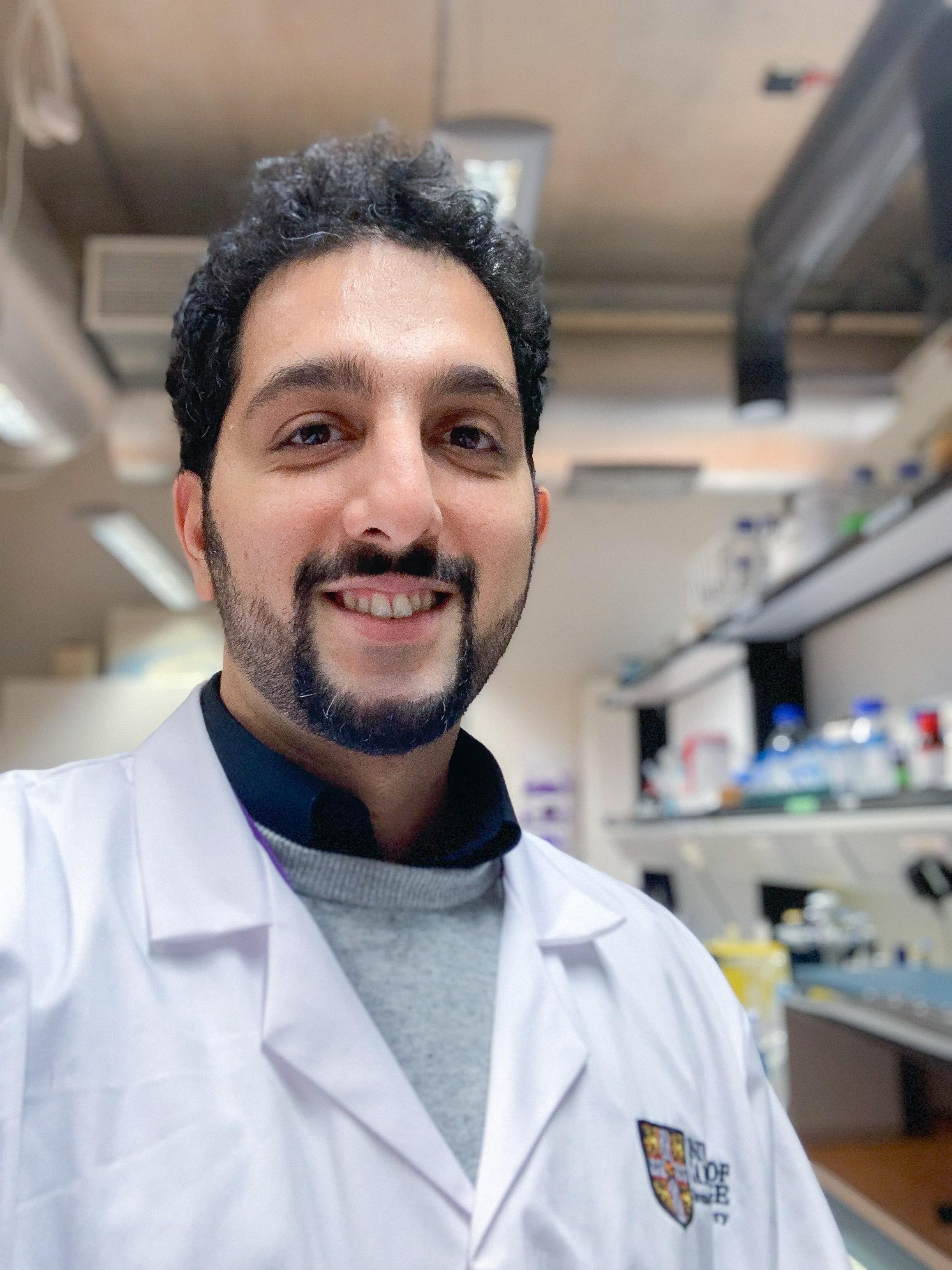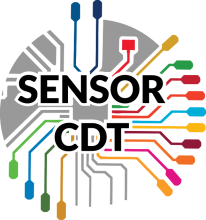
Submitted by A-M. Wolf-Perez on Thu, 07/04/2022 - 10:35
Our Sensor CDT student Mohammed Alawami is a second year PhD student working on the development of cutting-edge RNA analysis tools for early detection of cancer.
He is also the founder of ReachSci, an organisation supporting underrepresented students with skill training to help them unravel their potential and increase their chances to access top Universities. Mohammed has recently won the University Diversity Fund and was selected as Top.21 of 21toWatch innovative people in Cambridgeshire and East England by Cofinitive.
We interviewed Mohammed to find out more about ReachSci and his endeavours.
What was your motivation for founding ReachSci?
Mohammed: I am an underrepresented student myself, and I have taken a long journey of 12 years to get into Cambridge University. Since I was in 11 th grade I started putting plans to go to a top university. I have made many mistakes and had to learn so much to finally make it. I know first-hand how super difficult the experience is and how much devotion over a long time is needed. The difficulties I faced encouraged me to help others like myself reach such a goal in a shortcut journey so that what I achieved in 12 years I hope they can achieve in 2-3 years. I started with a social media account to give advice and help students, and through that account, I helped thousands of students directly through messages and content. I used to reply to more than 50 messages a day for about a year. After one year of helping many students in many different countries, I realized that giving advice and guidance isn’t what students need, what they need is a practical hands-on experience to discover what the experience is like and to build the skills practically under my supervision, and that gave me the idea of starting ReachSci.
What is ReachSci’s mission?
Mohammed: Cambridge University ReachSci Society aims to remove barriers for underrepresented students to help them become outstanding (Science, Technology, Engineering, and Math) STEM researchers to qualify for post-graduate degrees at top universities and access better research careers. The society also aims to elicit research interest in students who have not considered research as a career option. The far-reaching goal of ReachSci is to increase equality, diversity, and inclusion in post-graduate education, and research-based jobs. We aspire to have the ReachSci programmes offered in 50 UK universities and 500 international universities by 2025 and make the programme the best accessible research training in the world.
What can students learn in the workshops and programmes you offer?
Mohammed: We run research training that includes virtual workshops and a research project to apply what the students learn in the workshops. The training teaches the students all the key research, academic, professional, and interpersonal skills through our specially designed programme. Through the programme the students take seven workshops that are run by the ReachSci team to teach the participants practically the following skills:
• Write a research proposal
• Design and execute a research experiment
• Analyse data and make figures
• Critically analyse research
• Make research presentations
• Write research papers and reports
• Improve interpersonal and professional skills
The students apply all the skills learnt in the workshops in their research project for the final goal of presenting their work at the ReachSci conference that brings both well-known scientists in the field and the ReachSci participants to present their work and network. The students through the programme have three deliverables that they need to submit, which include, a two-page research proposal, full data analyse and resultant figures and a 15-minute presentation. Both the research proposal and the presentation are done as a team of 4-5, but the data analysis and figures are done individually. The students are encouraged to write a report or publish a paper based on the results they produce. Our support continues until they finish their PhD, we help run workshops as needed for any obstacles that students face throughout their journey.
Any success story from former participants you want to share?
Mohammed: Since our programme just recently started and all of our students still have not graduated, we do not have data yet on the success PhD acceptance story. But, through our programme, we have seen drastic development in our students’ skills and knowledge that led them to produce a scientific conference presentation that the students were really proud of. You can watch the student’s presentation on YouTube from minute 47.
How many volunteers are helping you?
Mohammed: We have more than 150 volunteers actively involved in the development of our programme in 20 countries in 36 universities and we have confirmed more than 86 professors from 20 countries are interested to join us as local mentors.
What is ReachSci planning next?
Mohammed: Our near term goal is to scale up the programme to be able to run a global programme for 500 students simultaneously to bring more impact at the global level. We are working on new strategies to increase this number to a few thousand by the end of 2023. By the end of 2023 we will use all the experiences we gained and all the things we learnt to plan more impactful programmes that are utilizing everything we learn by then. We are really excited to see where ReachSci is at now and what we have been able to achieve in less than a year, and cannot wait to see what ReachSci will become in the coming years.
Where can interested students or potential volunteers find out more about ReachSci?
Mohammed: They can visit our website ReachSci.org for more information and news, and they can also follow our social media accounts for our updates to learn about interesting STEM related or world important information.


